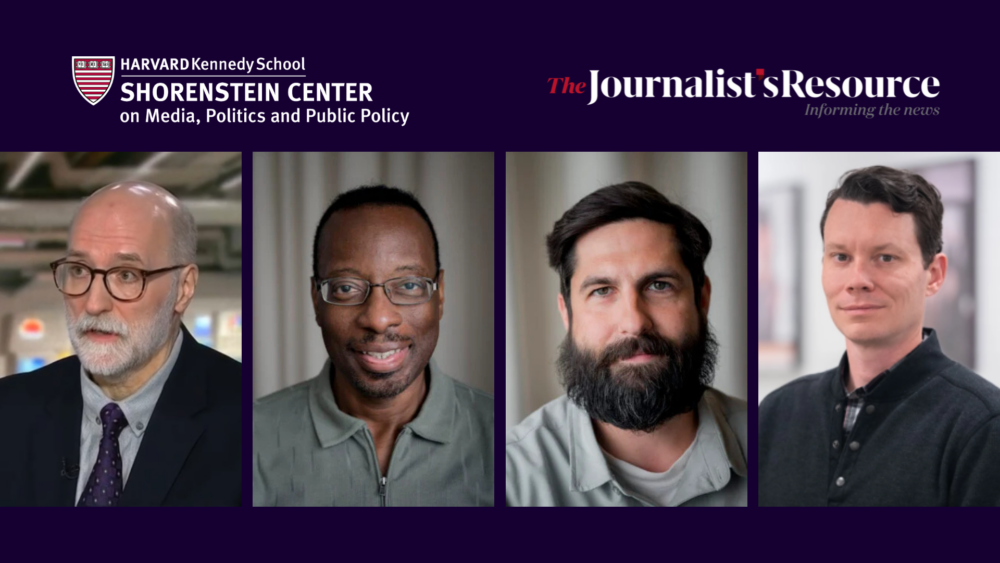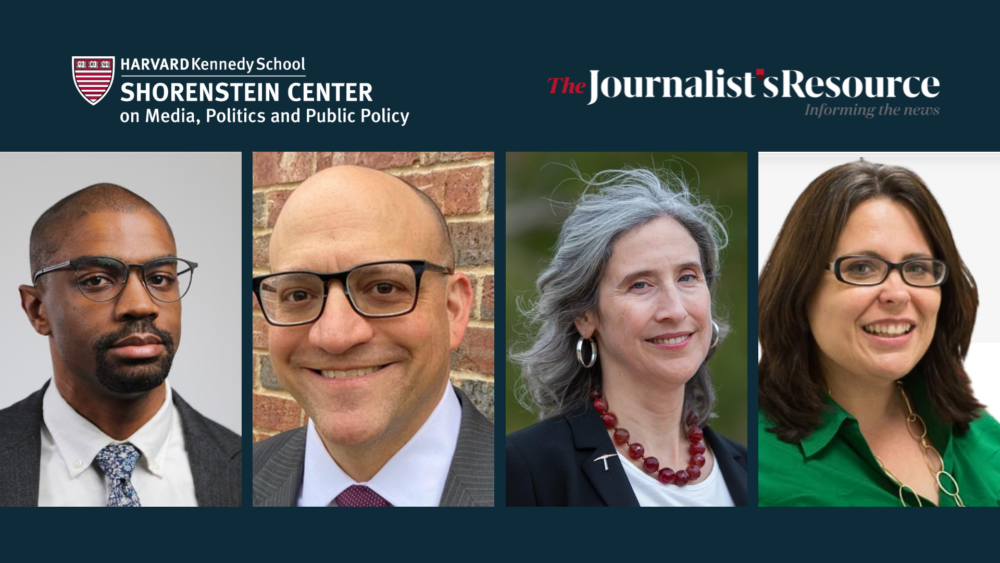
Videos
Digging into crime data to inform news coverage across beats
Commentary

For years, I’ve struggled to convince my parents not to believe everything they read on social media. From pizza gate to fentanyl-laced Halloween candy, I’ve heard it all. Earlier this year, my mom called me, distraught over what she had seen on Facebook. “I just can’t believe how horrible people are to Meghan Markle – these rumors are phony baloney! Maybe I shouldn’t trust this Facebook anymore.” It was as if the clouds had parted. A false rumor about Meghan Markle had finally made my mom realize the extent of bias and misinformation on social media. Eureka!
So, when we were putting together a list of tips to help social media users get accurate information on one of the most consequential elections of our time, calling my mom was a no-brainer. I live and breathe this stuff, but my mom, like many Americans, doesn’t have accessible and easily understandable tools to help her navigate social media without falling into one of the traps designed to keep users scrolling and clicking.
As we went through the tips, she asked, “Why would the AI want to trick you into getting the wrong information for the election?” I explained how AI works through a metaphor about making pancakes: the ingredients, varying in type and quality, are the data, and the instructions, which can differ depending on the cook, are the algorithms. How you combine those ingredients into the type of pancakes you decide to make is the algorithm at work. The cook’s selection of ingredients and recipe determines what kind of pancakes you get. In the case of social media, it’s hard to know who the cook is, what their intentions are, what kind of ingredients they’re working with, or if there is any intention behind it at all. My mom responded, “Well, that makes sense. I didn’t know there was a cook at all! I just thought this is what people are saying, and I never really thought about it.”
Meanwhile, on what seems like another planet, uncertainty around the regulation and governance of social media looms large. A growing number of individual states are taking steps to fill the regulatory void on privacy and children’s mental health, but the effectiveness of this patchwork approach remains uncertain. Congress mandating the sale of TikTok based on national security fears put into direct conflict questions of freedom of speech. Other regulatory agencies like the FTC and FCC have made efforts to address specific harms of social media like fraudulent products and scams, but lack the jurisdiction to make the necessary overhaul. Without comprehensive social media policy to protect Americans against manipulation, fraud, and abuse, the regulatory landscape remains fragmented and disjointed. Any of these discussions — by Congress, regulatory agencies, state legislatures, or tech companies themselves — have the potential to profoundly shape how Americans and people around the world engage with social media and make sense of the world.
While DC and Silicon Valley debate the safety and societal guardrails of these platforms, people like my mom are regularly getting duped, manipulated, and exploited – especially this election season. Amidst this uncertainty, as we navigate one of the most critical elections in our nation’s history, people can take steps to safeguard their online experiences. Regardless of the outcomes of legislative debates or court rulings, there are things you should know and actions you can take independently to mitigate the negative impacts of social media:
Three things to know about social media:
Three things to do to improve your experience on social media
As we wait to see how laws and court decisions unfold that govern digital platforms, taking these proactive steps can help us deal with the uncertainties of social media rules and make online interactions better for everyone.
To learn more, visit ElectionEssentials.ShorensteinCenter.org. Thanks to researchers Rehan Mirza and Kevin Wren for their contributions to this important area of work.

Videos

Videos

Explainers, Podcasts, Videos